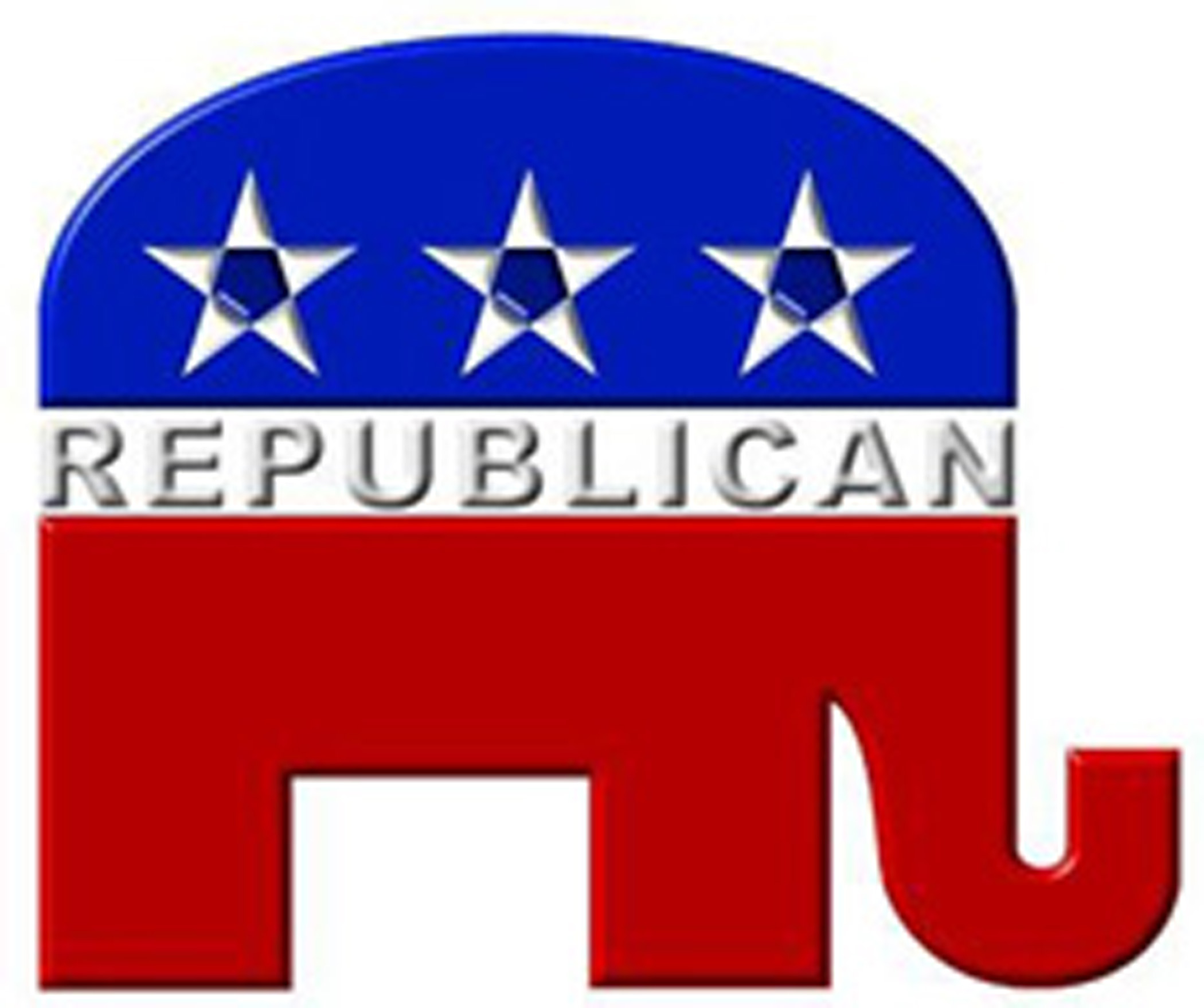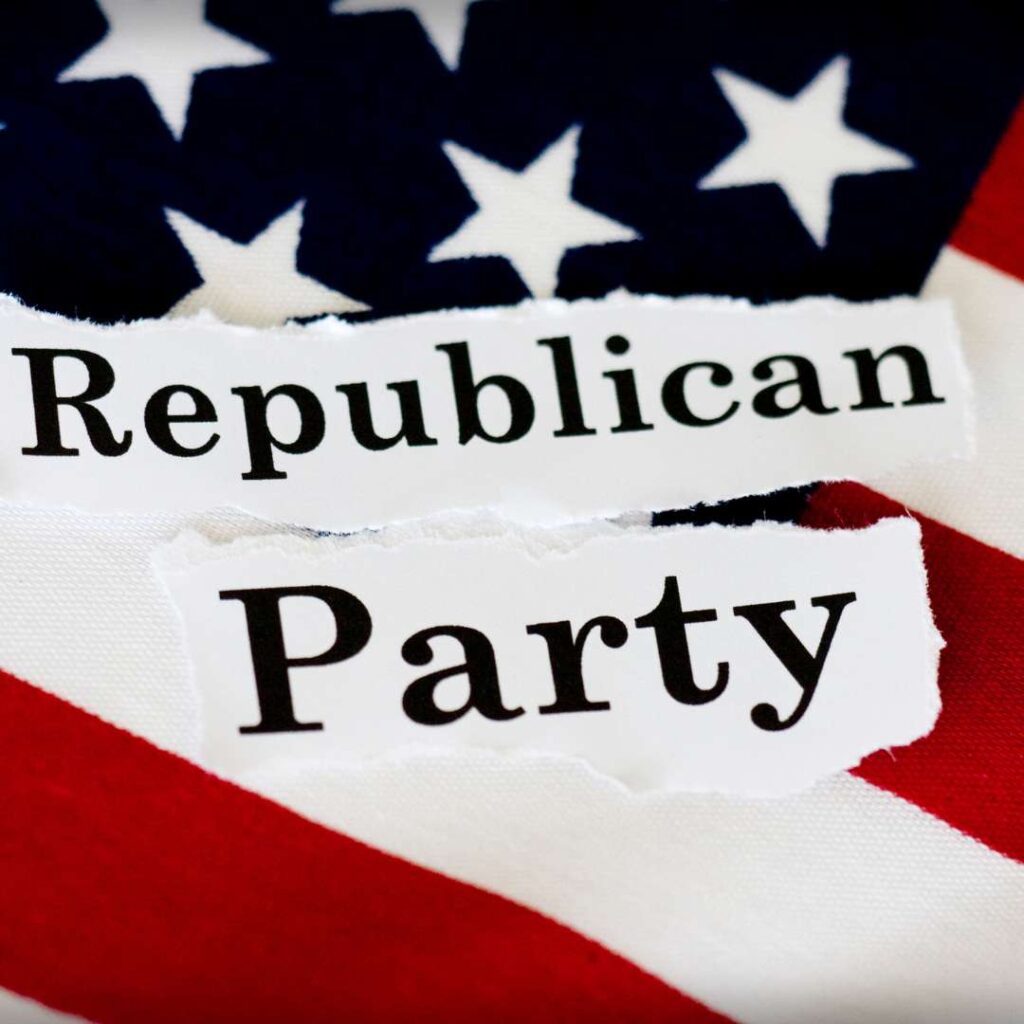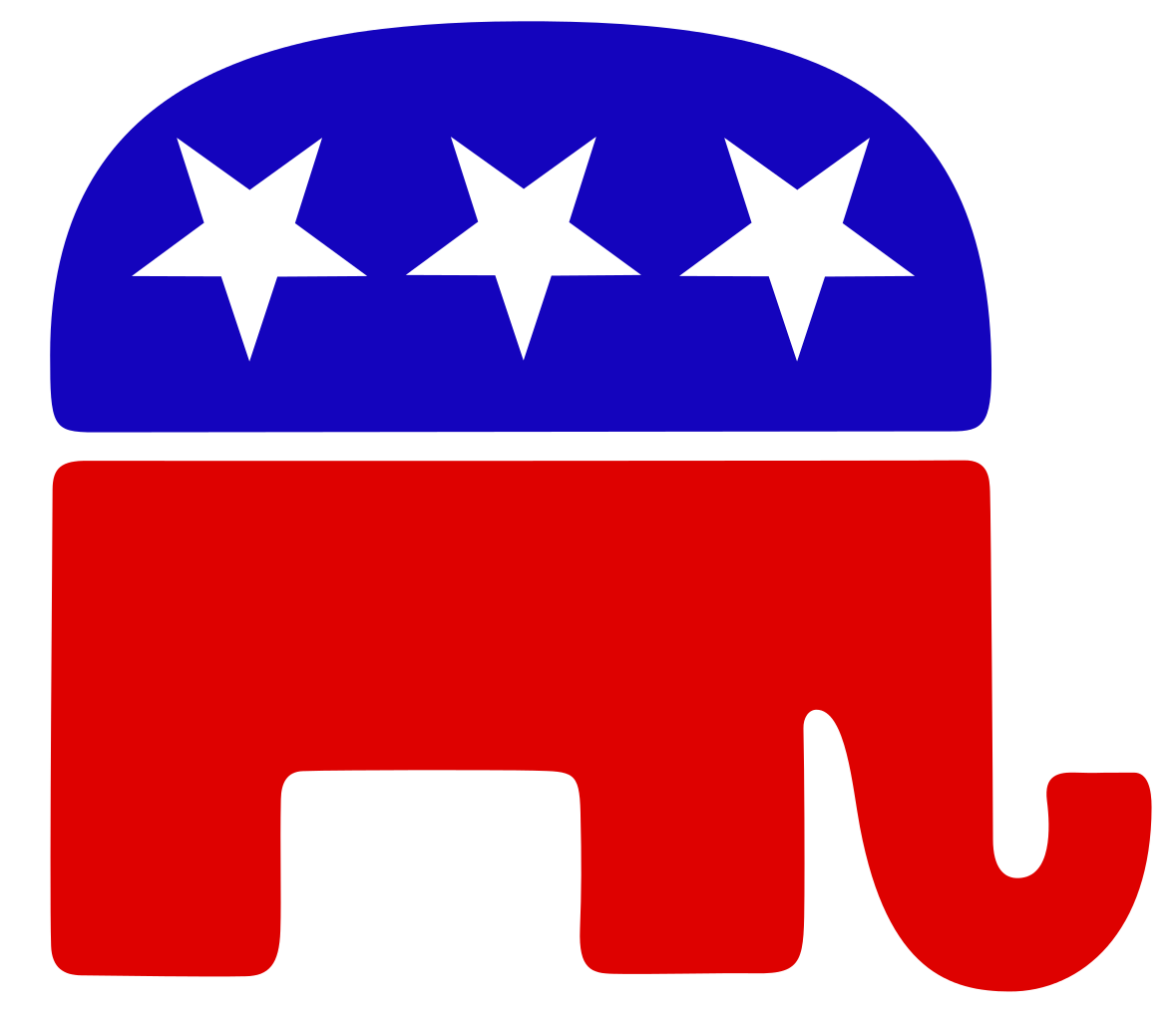Who Created The Republican Party: A Comprehensive Historical Exploration
The Republican Party, one of the two major political parties in the United States, has played a pivotal role in shaping the nation's political landscape. Founded in the mid-19th century, its origins are deeply rooted in the fight against the expansion of slavery and the promotion of economic modernization. Understanding who created the Republican Party requires delving into the historical context and the individuals who championed its establishment.
In this article, we will explore the origins of the Republican Party, the key figures behind its creation, and its evolution over time. By examining its foundation, we aim to provide a clear understanding of the party's roots and its enduring influence on American politics.
This article will also shed light on the values and principles that guided the party's formation, offering readers a comprehensive view of its historical significance. Whether you're a history enthusiast or a curious learner, this exploration will enrich your understanding of the Republican Party's origins.
- How Old Is Reese Witherspoon A Comprehensive Look At Her Age Biography And Achievements
- Jack Black And His Son Exploring The Life Career And Family Legacy
Table of Contents
- Origins of the Republican Party
- Key Figures Behind the Creation
- Historical Context of the 1850s
- Initial Platform and Goals
- The Early Years of the Republican Party
- Presidential Candidates and Elections
- The Legacy of the Founders
- Modern Republican Party
- Data and Statistics
- Conclusion and Call to Action
Origins of the Republican Party
The origins of the Republican Party can be traced back to the mid-1850s, a tumultuous period in American history marked by sectional tensions over slavery. The party was officially formed in 1854 in Ripon, Wisconsin, as a response to the Kansas-Nebraska Act, which allowed states to decide whether to permit slavery. This act was seen as a threat to the principles of freedom and equality.
At its inception, the Republican Party was a coalition of former members of the Whig Party, Free Soil Party, and other anti-slavery groups. These individuals shared a common goal: to prevent the spread of slavery into new territories and states. The party's name itself reflects its commitment to republicanism, emphasizing the importance of democratic governance and individual rights.
Why Was the Republican Party Created?
- To oppose the expansion of slavery in new territories.
- To promote economic modernization and industrial growth.
- To advocate for a more inclusive and democratic society.
These objectives resonated with many Americans who were disillusioned with the existing political parties and sought a new direction for the nation.
- Kristin Culbertson Fort Wayne Unveiling The Inspiring Journey
- Hp Lovecrafts Cats Name Exploring The Feline Fascination Of The Master Of Cosmic Horror
Key Figures Behind the Creation
Several prominent individuals played crucial roles in the formation of the Republican Party. Among them were:
Jesse W. Fell
Jesse W. Fell, an Illinois businessman and abolitionist, is often credited with drafting the first Republican Party platform in 1854. His efforts helped galvanize support for the party in Illinois and beyond.
Alvan E. Bovay
Alvan E. Bovay, a New York lawyer, is credited with coining the name "Republican Party" and organizing the first official meeting in Ripon, Wisconsin. His vision for a unified anti-slavery party laid the groundwork for its establishment.
Abraham Lincoln
Although Abraham Lincoln did not participate in the party's founding, he became one of its most iconic leaders. His election as the first Republican president in 1860 marked a turning point in the party's history and solidified its place in American politics.
Historical Context of the 1850s
The 1850s were a decade of intense political and social upheaval in the United States. The issue of slavery dominated national discourse, dividing the country along sectional lines. The Compromise of 1850 and the subsequent Kansas-Nebraska Act only exacerbated these tensions, leading to the collapse of existing political parties and the rise of new ones.
The Republican Party emerged as a viable alternative to the Democratic Party and the remnants of the Whig Party. Its focus on anti-slavery principles and economic progress appealed to a broad coalition of voters, including farmers, workers, and businessmen.
Initial Platform and Goals
The Republican Party's initial platform was centered around several key principles:
- Opposition to the expansion of slavery into new territories.
- Support for the Homestead Act, which provided free land to settlers.
- Promotion of infrastructure development, such as railroads and canals.
- Advocacy for protective tariffs to support American industries.
These goals reflected the party's commitment to economic growth and social justice, positioning it as a progressive force in American politics.
The Early Years of the Republican Party
In its early years, the Republican Party faced numerous challenges, including opposition from pro-slavery forces and internal divisions within the party. Despite these obstacles, it quickly gained momentum, particularly in the northern states.
The party's success was evident in the 1856 presidential election, where its candidate, John C. Frémont, won significant support, although he ultimately lost to Democrat James Buchanan. This election demonstrated the party's growing influence and set the stage for its eventual triumph in 1860.
Challenges Faced by Early Republicans
- Resistance from pro-slavery factions in the South.
- Internal debates over economic policies.
- Efforts to unify diverse groups under a single banner.
Despite these challenges, the party's leaders remained committed to its core principles and worked tirelessly to build a strong organizational structure.
Presidential Candidates and Elections
The Republican Party's rise to prominence was solidified with the election of Abraham Lincoln in 1860. Lincoln's victory was a watershed moment in American history, as it marked the first time a Republican candidate had been elected to the presidency.
Abraham Lincoln: The First Republican President
Abraham Lincoln's leadership during the Civil War and his commitment to ending slavery cemented the Republican Party's reputation as a champion of freedom and equality. His presidency was marked by significant achievements, including the issuance of the Emancipation Proclamation and the passage of the Thirteenth Amendment, which abolished slavery.
Subsequent Elections
Following Lincoln's assassination, the Republican Party continued to dominate national politics throughout the late 19th century. Presidents such as Ulysses S. Grant and Rutherford B. Hayes furthered the party's agenda, focusing on Reconstruction and economic development.
The Legacy of the Founders
The legacy of the Republican Party's founders is evident in the party's enduring influence on American politics. Their commitment to anti-slavery principles and economic modernization laid the foundation for many of the policies that shaped the nation's development.
Today, the Republican Party continues to draw inspiration from its founding principles, although its policies and priorities have evolved over time. The party's emphasis on individual rights, free markets, and limited government remains a central tenet of its platform.
Modern Republican Party
In the modern era, the Republican Party has adapted to changing social and economic conditions while remaining true to its core values. Issues such as tax reform, healthcare, and foreign policy have become central to its agenda, reflecting its ongoing commitment to promoting prosperity and freedom.
Key Issues in Modern Republican Politics
- Tax cuts and economic growth.
- Healthcare reform and access.
- Immigration policy and border security.
While the party's priorities have shifted over time, its foundational principles remain a guiding force in its approach to governance.
Data and Statistics
According to historical records, the Republican Party has won a total of 19 presidential elections since its inception. This success underscores the party's ability to adapt to changing political landscapes while maintaining its core values.
Additionally, studies show that the party's voter base has evolved over time, with increasing support from suburban and rural areas, as well as certain demographic groups. These trends highlight the party's ongoing relevance in contemporary American politics.
Conclusion and Call to Action
In conclusion, the Republican Party's creation was a pivotal moment in American history, driven by the vision and determination of its founders. Their commitment to anti-slavery principles and economic modernization continues to influence the party's policies and priorities today.
We invite you to explore further articles on our website to deepen your understanding of American political history. Your feedback and engagement are invaluable in helping us provide high-quality content. Feel free to leave a comment or share this article with others who may find it informative.
Together, let's continue the conversation about the enduring legacy of the Republican Party and its impact on the nation's future.
- Jeff Bridges Movies And Tv Shows A Comprehensive Guide To His Iconic Career
- Who Is Russell Hitchcock A Comprehensive Biography And Insight

Republican Party Elephant Cliparts.co

Republican Party Crystal Lake Plaza

Republican Party